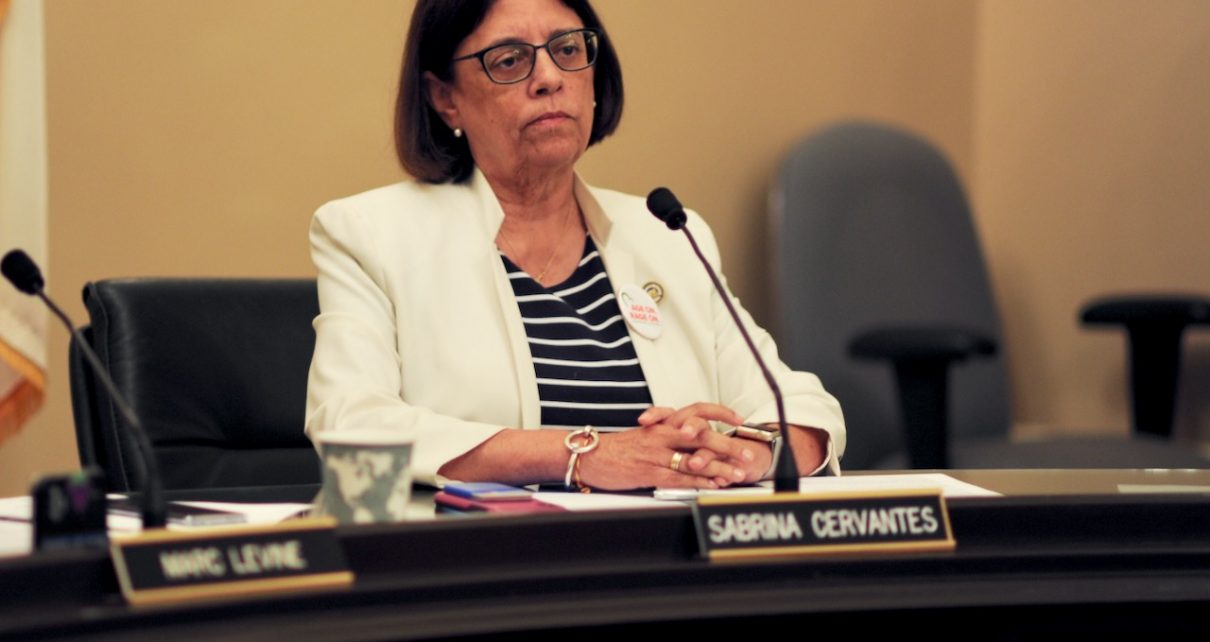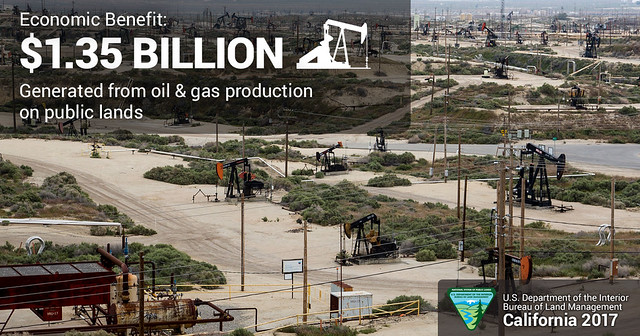
Assemblywoman Cecilia M. Aguiar-Curry (Kevin Sanders for California Globe)
California Olive Oil Labeling: New Bill Says All Olives Used Must Be Grown in Ca
This is going to hurt many makers right at the time when sales are finally starting to get out of the pandemic slump
By Evan Symon, May 27, 2021 3:13 pm
A bill that would halt all olive oil naming in the state from being known as ‘California olive oil’ unless 100% of the olives used to make it were grown in California faced extension discussion in the Senate on Thursday after being passed by the Assembly last week.
Assembly Bill 535, authored by Assemblywoman Cecilia Aguiar-Curry (D-Winters) would specifically make it illegal to say or imply that all olives being used in olive oil produced in the state were grown in California unless 100% of olives actually were. Terms such as “California olive oil”, “California olives”, and other similar wordings would not be usable for companies failing to meet the olive requirement. . The bill would also prohibit labeling olive oil with a label indicating or representing that the olives used to produce the olive oil were grown in a specific region of California, unless at least 85% of the olive oil, by weight, was produced from olives grown in that specific region. The bill would provide that these prohibitions apply to representations made in a brand name, label, advertising matter, packaging material, invoice, tag, sign, and other oral, written, or printed representation of any kind.
Assemblywoman Aguiar-Curry wrote AB 535 largely to protect Californian olive oil due to rising national and international demand for the product. Aguiar-Curry and her supporters, such as the California Olive Oil Commission, have said that false claims of being 100% Californian could hurt consumer trust, and that more regulations are needed to protect the quality of the product due to California’s heightened environmental and agricultural laws that create a certain standard not seen elsewhere.
“We demand the highest environmental, labor and consumer protection standards in the world of our farmers,” said Aguiar-Curry earlier this month. “And, people worldwide recognize ‘California’ products come with that quality, based on those standards. Our state’s name should not be used as a cynical marketing ploy to give the impression you’re buying something you’re not.
“This bill will ensure that consumers know exactly what they are buying, and it will help to support our local farmers who are producing world-class oils from olives grown here in our State. If we’re going to demand the best, we owe it to California farmers to at least support truth in the marketplace. It’s time we stop people from profiting off our name, by giving the impression consumers are getting something they’re not. Consumers look for California-grown foods because they associate California with quality. Allowing companies to trick consumers into thinking they’re buying a California product because they slap ‘California’ on their package undercuts everything we’re trying to accomplish as a state.”
Supporters also compared this to laws in the past that protected Californian wine regions, such as a bill passed in 2000 that forced Californian winemakers to use at least 75% of the grapes used in their wine to be able to say that it came from a certain region, as well as a 2005 state Supreme Court ruling that halted winemakers from using a region on labeling unless the wine was produced there.
Opposition to AB 535
However opponents of the bill have said that further restrictions would harm many businesses in the state who use “California olives” and other similar wordings in their labeling, as well as many who use the specific wordings but don’t otherwise imply it was grown in California.
“They’re trying to protect the industry and olive oil makers, but in reality, this is going to hurt so many makers right at the time when sales are finally starting to get out of the pandemic slump,” olive oil importer and exporter Luca Pistone told the Globe on Thursday. “It is important to protect the product, but California production has gone way up in recent years too. They produce 4 million gallons a year, the most of any state in the country, and are at about 4% of the worlds total right now. You add these regulations, and a lot of olive oil makers will scramble, with some possibly having to shut down, simply because they use some olives not grown in California. It’s madness.”
AB 535 support has been split cleanly across party lines, with Democrats in favor of the increased regulations and Republicans opposing them. During the Assembly vote last week, AB 535 was passed 56-7 across party lines, with 15 Assembly members sitting the vote out due to the divisiveness of the bill.
This has led to intense discussion of the bill in the Senate before any committee vote has taken place, with equally divisive votes expected in Senate committees in the coming months.
While AB 535 is expected to ultimately pass the Senate later this year, Governor Gavin Newsom has yet to give any indication on how he will vote on the bill if it reaches his desk.
- Bill to Require Law Enforcement Disclosure if AI Was Used To Help Write Reports - August 7, 2025
- Gov. Newsom Files FOIA Request To ‘Expose True Cost’ Of L.A. Federal Troop Deployment for Anti-ICE Riots - August 6, 2025
- California Redistricting: How Newsom’s Plan Will Demolish Hard Fought GOP Gains - August 6, 2025




Is this really the most important issue facing our lawmakers???
Really???
Talk about fiddling while California (literally) burns down….
Easy solutions, right???
Inasmuch as there’s a tremendous amount of consumer fraud in all Olive Oil production and retailing – go ahead, look it up: https://duckduckgo.com/?q=OLIVE+OIL+FRAUD&t=ffab&ia=web – this bill isn’t at all a bad thing.
A potential problem might be if a successful emerging brand, California Olive Ranch say, is forced to change their name if some of their blend products comes from Spain or Portugal. That company *does* in fact clearly and unambiguously label those products – their “Global Blend” for example -as such. (They are nevertheless 100% olive oil vs. 80% canola or something). Would this law allow some agency to harass them based on their company name?
Again, a good law, but you can see some potential unintended consequences.
Just a thought.
VicB3
I guess our lawmakers don’t have anything better to do? How about some new dams and reservoirs? How about some new reliable power plants (no wind or solar please)? How about some forest management?
I don’t fault truth in advertising laws, since Italy has very strict guidelines about labelling wines, cheese, and olive oils. But they should have issued a warning that new rules would be coming in the next 24 to 72 months, so producers could start easing into it. The reason for that is that CALIFORNIA HAS BIGGER ISSUES TO DEAL WITH RIGHT NOW!!!!!!!!!!!!!!!!!!!!!!!!!!!!!!!!!!!!!!!!!!!!!!!!!!!!!!!!!!!!!!!!!!!!!!!!!!
fraud, drought, water mismanagement, unicorn dreams of offshore wind farms, highest crime ever, senate pushing a bill the the people of the state objected to in vote, and on and on but dammit, them olive labels are super important.
bunch of clowns
This is probably a good bill.
Quick internet research, there is a “COOC” (California Olive Oil Council) and the OOCC (Olive Oil Commission of California). Now apparently the OOCC is an existing state regulatory body that “promotes clear accurate labels for California Olive Oil” funded by the Olive Oil Industry – but apparently it has not “ensured that all California Olive Oil is Accurately Labeled,” which you could do through the Administrative Procedures Act. Now the COOC is a trade association – and they have different policies – so either the COOC is trying to do a run-around of the OOCC or the OOCC lacks authority to regulate imported Oil.
http://www.oliveoilcommission.org/trusted/